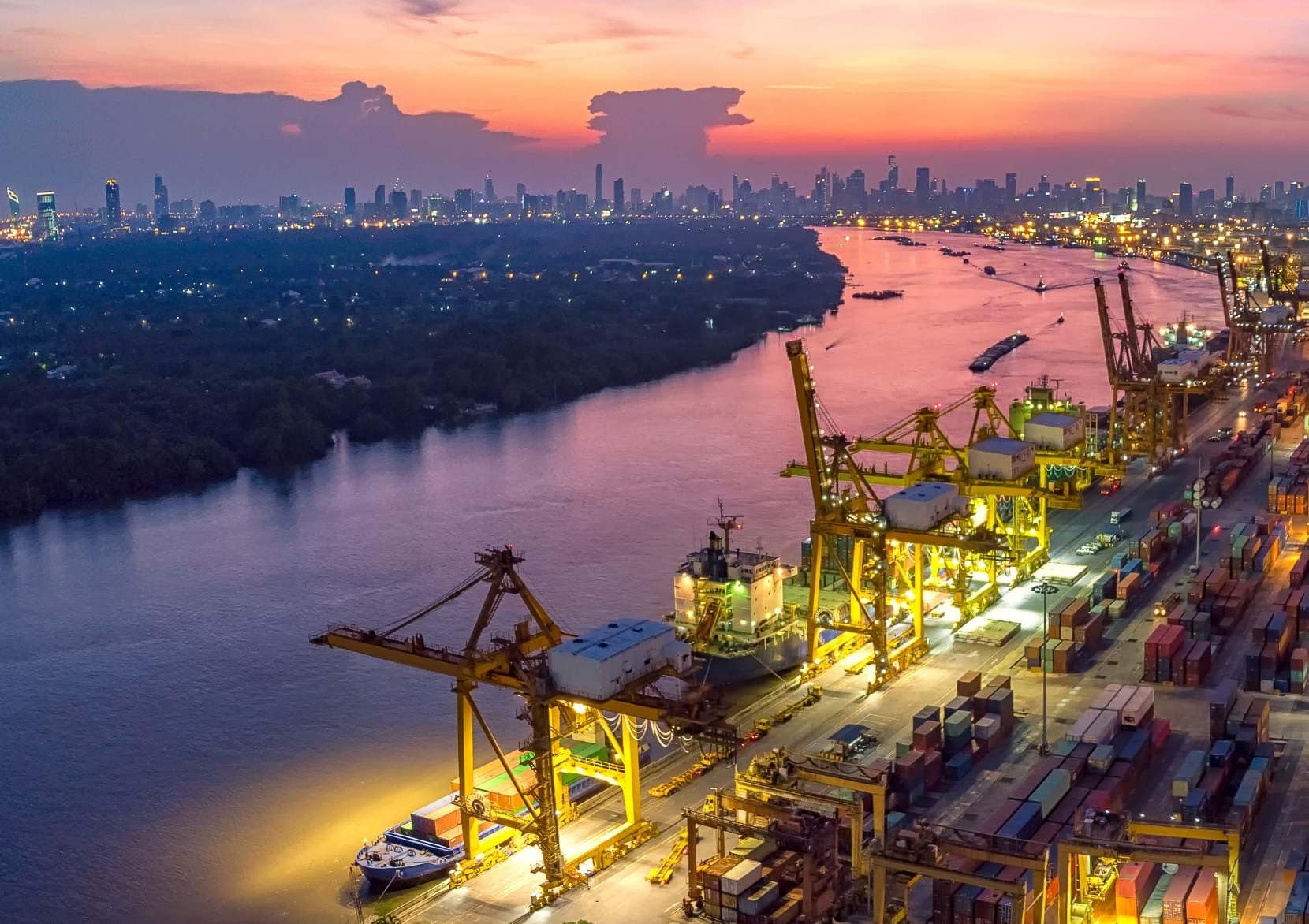Shaping tomorrow’s manufacturing responsibly
Manufacturing is no longer considered to be just the process of producing things. Changes in consumerism and societal attitude have led to a fundamental shift in the way manufacturers do business. Nowadays, manufacturers must also consider a much wider spectrum of factors ranging from research and development to design, consumer behaviour and end-of-use cycles. The responsibility and business impact no longer start and end with a single process or manufacturer but involve a multitude of industry sectors and multiple manufacturers in various supply chains.
Whilst manufacturing industry has significantly contributed to economic growth, jobs, and innovation, it is also one of the larger consumers of energy, correspondingly contributing significantly to global CO2 emissions. Therefore, the industry must take a leading role with a view towards sustainability as a business imperative in order to mitigate such adverse effects.
Building a Sustainable Future using Emerging Technologies
Responsible manufacturing practices are not merely limited to sustainable efforts. To be truly responsible, all efforts need to be conscious of processes, material sourcing and employee engagement. Furthermore, the emergence of new technologies can transform manufacturing, enabling it to become more efficient while also creating new value for industries, society, and the environment. This however comes with great responsibility and also further challenges. Although challenging, these efforts are able to accelerate the growth of advanced manufacturing whilst helping stakeholders fulfil their social responsibilities. Innovation and emerging technologies for example are increasingly being used to improve production processes. Artificial Intelligence (AI), the Internet of Things, Cloud computing along with big data analysis, can all be utilised by responsible manufacturers to digitalise their processing. Digitalisation will in turn lead to improved operational efficiency by reducing costs and waste.

Using Emerging Technology for Social Sustainability
Aside from being used to improve efficiency and reduce waste, emerging technologies can also be used to improve social and employee related conditions. Digitalisation, and the strengthening of rights such as the right to disconnect (ability to disengage from work and refrain from engaging in work-related electronic communications, such as emails or other messages, during non-work hours) in company policies can lead to employees having more social rights, better mental health, and flexibility, thereby leading to better long term job satisfaction for their employees.
Long-term job satisfaction has long been linked to positive employee performance and efficiency, leading in turn to more company profits. Focus on sustainability can therefore benefit the manufacturers themselves, their employees, and the public in general, leading to overall better tripartite relations.
Benefits of responsible and sustainable manufacturing:
- Improved operational efficiency by reducing costs and waste
- Long-term business viability and success
- Lower regulatory compliance costs
- Improve brand recognition and build public trust
- Better access to governental financing/funding
Governmental View
Industry must in general be encouraged to act responsibly. Governments within the European Union are increasingly taking into account sustainability when it comes to funding and financing programs. Specific funding programs are being launched with funds being made available for sustainable solutions. Manufacturers opting for such sustainable projects and solutions are more likely to find the funding and financing in relation to their projects if their proposals are sustainable rather than if they’re not!
Meanwhile, current Dutch and general European regulatory compliance costs are considered to be economical when it comes to sustainable manufacturing. While in the past it cost to be sustainable, nowadays shifting to sustainability will have a positive effect on company finances in the long run!
Conclusion
As times change, so must manufacturers. Sustainability and responsibility are fast becoming the industry standard, and manufacturers must make sure to address these areas if they are to build public trust and improve their brand recognition. This is a fact that is increasingly being recognised by a number of manufacturers.
Moreover, manufacturers are also recognising the significant financial and environmental benefits from responsible and sustainable business practices. With such practices leading to long-term business viability and success, it is in their best interests to do so. However, recognising the importance of sustainable manufacturing is not enough, for action must be taken if results are to be achieved. In other words, manufacturers aiming to be at the top of the ladder must start or continue taking action. Meanwhile, it is important that all manufacturers must indeed follow suit if they are to remain profitable and competitive.